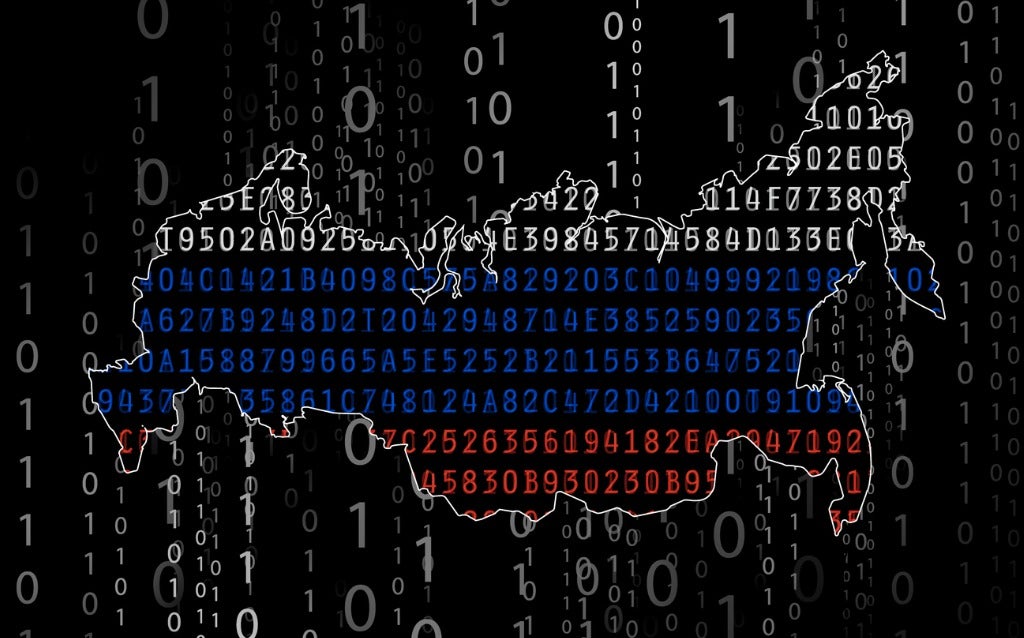Internet provider severs ties with Russia, potentially slowing down country’s service
Telecom giant Rostelecom, Russian search engine Yandex, and carriers MegaFon and VEON are all supported by US-based Cogent Communications

An internet provider has suspended Russian customers due to Vladimir Putin’s invasion of Ukraine.
In a memo to Russian customers, reported by the Washington Post, US-based Cogent Communications said that “economic sanctions” and “the increasingly uncertain security situation” meant they could not continue serving customers.
Chief executive Dave Schaeffer said the company did not want to keep ordinary Russians off the Internet, but had to take precautions to stop Russian government using Cogent’s networks to launch cyberattacks or deliver propaganda.
“Our goal is not to hurt anyone. It’s just to not empower the Russian government to have another tool in their war chest,” he said. Cogent did not respond to a request for comment from The Independent before time of publication.
Some of the company’s Russian customers reportedly include the state-backed telecom giant Rostelecom, Russian search engine Yandex, and two of Russia’s carriers MegaFon and VEON.
“Disconnecting their customers in Russia will not disconnect Russia, but it will reduce the amount of overall bandwidth available for international connectivity. This reduction in bandwidth may lead to congestion as the remaining international carriers try to pick up the slack,” wrote Doug Mandory, director of internet analysis at Kentik.
The move comes amid other plays for power from technology giants, the Ukrainian government, and the Russian state.
Ukraine’s minister of digital transformation, Mykhailo Fedorov, has been calling for every major technology company to impose restrictions on Russia.
Mr Fedorov urged Samsung to block access to Samsung Pay and the Galaxy Store to send a message against “bloody authoritarian aggression”, while calling on Visa and Mastercard to completely exit from the country alongside Apple Pay and Google Pay.
He has even for Sony and Microsoft to remove Xbox and PlayStation support from Russian citizens to prove that they “support human values”.
YouTube has pulled RT, Sputnik, and other news channels from its platform, while Meta is restricting their access on Facebook and Instagram too. In response, Russia is limiting access to Facebook but not the more popular Instagram for citizens.
However, this digital warfare has been criticised by internet freedom advocates.
“I am very afraid of this,” said Mikhail Klimarev, executive director of the Internet Protection Society, told the Washington Post.
“I would like to convey to people all over the world that if you turn off the internet in Russia, then this means cutting off 140 million people from at least some truthful information. As long as the internet exists, people can find out the truth. There will be no internet – all people in Russia will only listen to propaganda.”
Similarly, in response to Mr Federov has even gone as far as to demand that Russia is sectioned off from the global internet entirely, ICANN chief Göran Marby said that “the internet is a decentralized system” and that its “mission does not extend to taking punitive actions, issuing sanctions, or restricting access against segments of the internet – regardless of the provocations”.
Russia has already attempted to bolster its ‘splinternet’ – a version of the internet that would only work in Russia, similar to the ‘Great Firewall’ restrictions implemented by the Chinese government – in 2019 by disconnecting from the global internet.
It is possible that further restrictions could isolate Russia further, making it harder for average citizens to access news about the invasion.

Join our commenting forum
Join thought-provoking conversations, follow other Independent readers and see their replies
0Comments